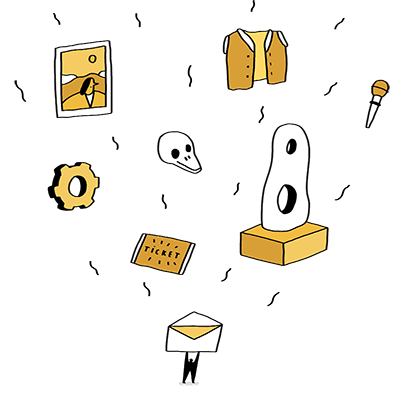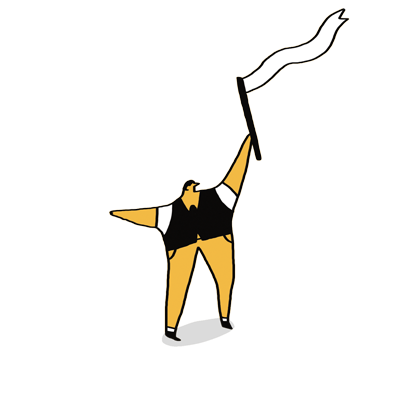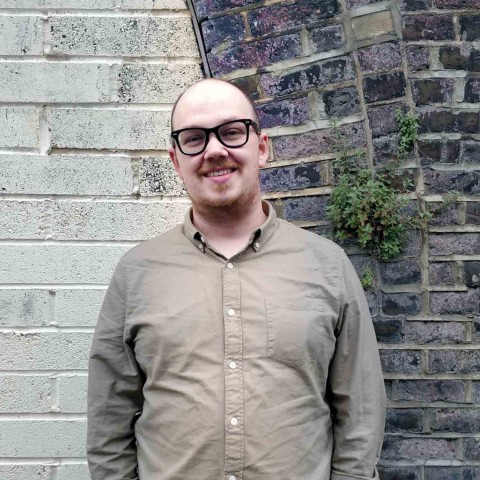Last week Alex attended Culture Geek 2020. Here are his five takeaways from the digital conference.
Five Lessons from Culture Geek 2020
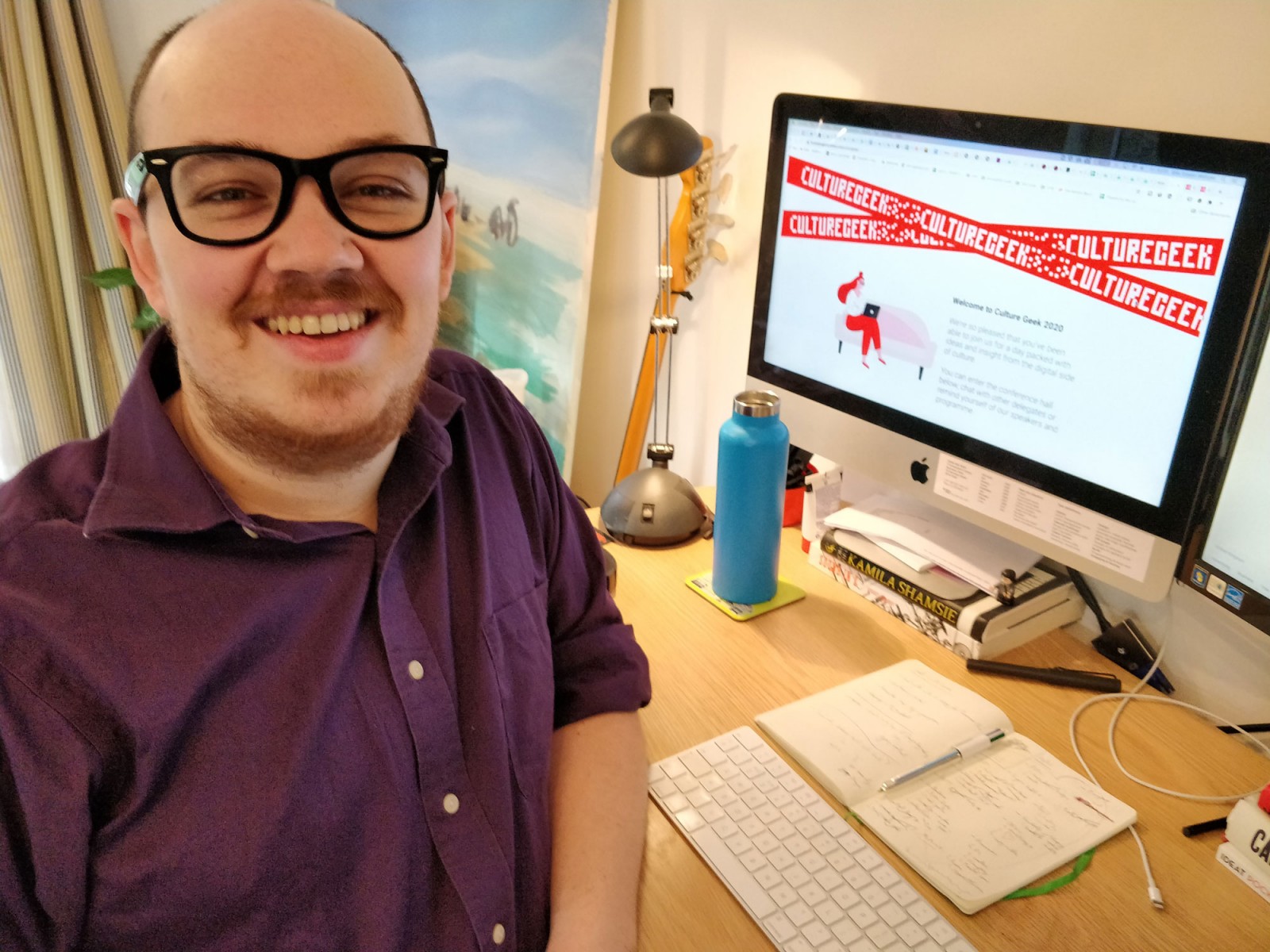
Usually held in London, Culture Geek brings together people from the forefront of digital transformation across the arts. This year it was online with participants joining from across the world.
It was brilliant day full of inspiration and learning, after a weekend to let it all sink there are some key themes and lessons that emerged throughout the day:
1. Give your online content an identity
With so much content online for audiences to choose from it’s important to define your content for your audience and let them know what to expect.
Whether it’s “Always open online” from the Rijksmuseum or “Our House to Your House” from the Royal Opera House, giving content strands an identity allows audiences to follow along and find what they’re looking for.
Chris Shipman from the Royal Opera House recommended thinking like a broadcaster, by creating different series of content for different purposes. And he reminded us that sharing content regularly is more important than sharing content often.
2. Meet your audience where they are
Whether it’s creating interactive experiences for young audiences in Minecraft, sharing art on posters in your local area or taking a full size print of a 12m sq painting on a tour of care homes, it’s never been more important to meet audiences where they already are, particularly online.
Make sure what you’re making works for that platform and the audience that use it.
We heard from the Royal Opera House about how they choose which networks and platforms to prioritise in order to meet their core audience.
You don’t have to be everywhere all at once to find your audience and make an impact.
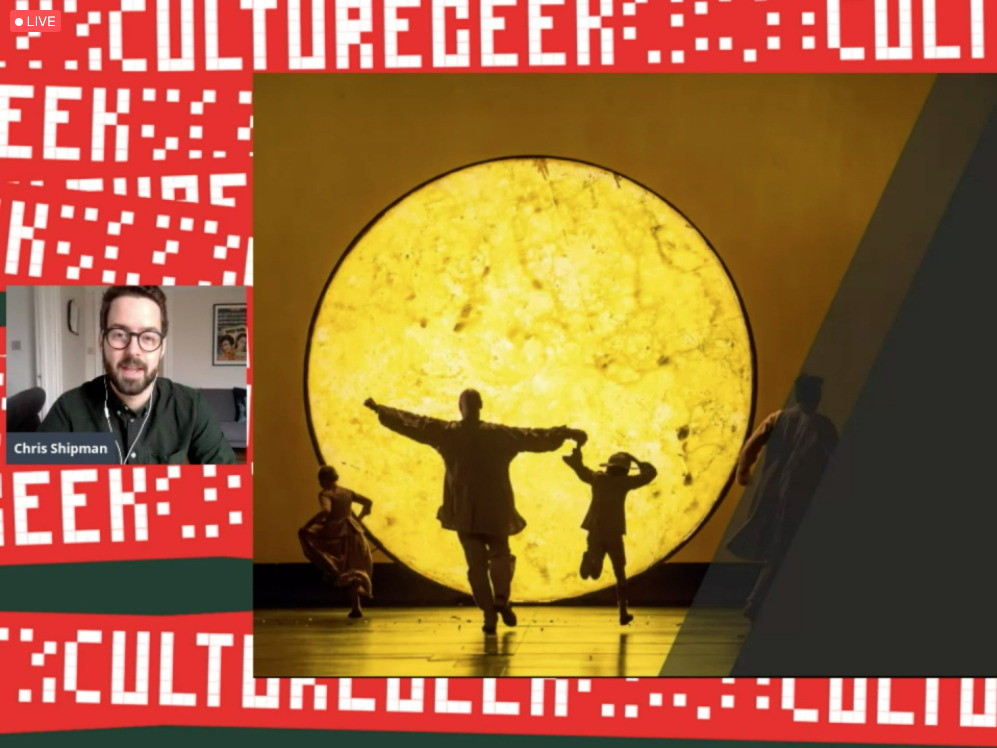 Chris Shipman from the Royal Opera House speaking at Culture Geek 2020
Chris Shipman from the Royal Opera House speaking at Culture Geek 2020
3. Use algorithms to your advantage (TikTok is coming)
If there was one social network that got mentioned more than any other at this year’s Culture Geek, it was TikTok.
For the uninitiated TikTok is a new social network that is growing rapidly. Based around short form videos synced to music, the platform is now thought to have around 850 million monthly active users.
At Culture Geek we heard from a number of organisations about their work on TikTok. Many of them pointed out that TikTok is keen to shed its image of a frivolous app for children and position itself as a platform for creativity and learning.
In order to do this TikTok is keen to promote educational content from arts organisations or creative professionals.
By joining platforms early, experimenting and by being aware of what different platforms want to promote you can gain an “algorithmic advantage” and get your content promoted in users’ feeds.
4. Accessibility (of all kinds) should never be an afterthought
A big theme at Culture Geek this year was accessibility, not only in terms of physical buildings or digital accessibility guidelines but simply in making everyone feel welcome no matter what barriers they face.
The Whitechapel Gallery took particular care to ensure high-risk members of their audience could still return after lock-down. They consulted with their audiences and created special visiting hours which were clearly explained on their website.
Art comes from a human place and access to it should be equally human - for all
Different audiences will have different needs as the world opens up after Coronavirus and it’s important for organisations to be conscious of this and not leave anyone behind.
We also heard from The Shed about their aim to be radically welcoming. Lily Wan from The Shed reminded us that it’s important to address ‘vibe barriers’ from the start and to make sure that everyone feels welcome when experiencing your art, she said:
“Art comes from a human place and access to it should be equally human – for all”
5. Be authentic, be human
The biggest lesson we learnt at Culture Geek this year was that it’s more important than ever to be authentic and human in our communications, especially online.
Throughout the conference it was clear that the Coronavirus pandemic has forced all organisations big and small to focus and reflect on approaches to digital content.
It’s easy to over-intellectualise art or to over-serve a dedicated core audience with an appetite for specialist content. Particularly when there’s a relentless push from one show to the next (and the next…)
But, by being human, approachable and creating genuine enthusiastic content you can inspire audiences old and new in-person and online.
If any of the lessons above have inspired you to think about how you talk to your audience and you’d like to think about doing it differently do get in touch.
We’ve got 30 years experience in helping arts organisations inspire their audiences and are always up for a chat.
